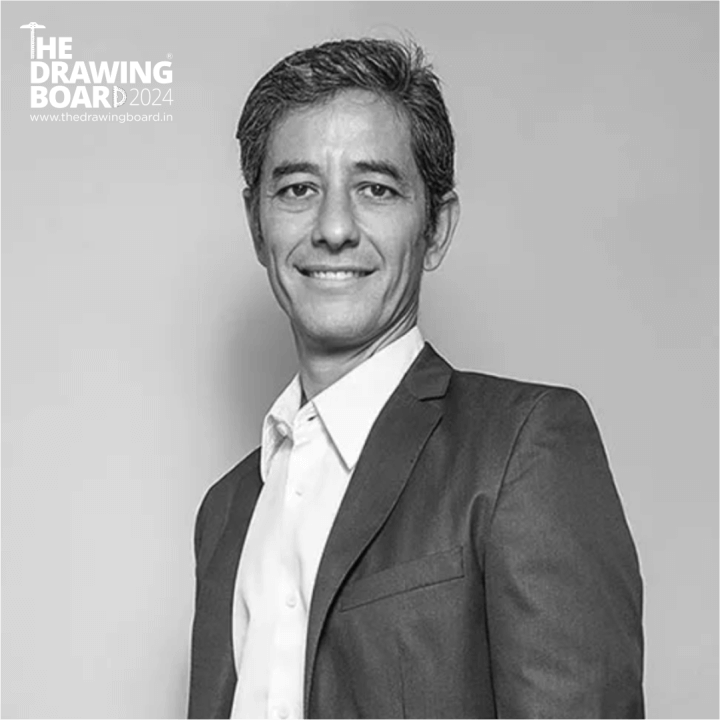EP 294 . 15 May 24
Role of the Creator in Games
With Dhruv Jani
In the episode
- What does a game designer do? What does it mean to be a game designer? How can one become a game designer? What skills are required? Which other professions are required while designing a game?
- Can you give a quick snapshot of how games came into existence and how did it evolve into today’s video games and mobile games? A short history of sorts?
- What are the broad categories/genres of games and which ones do you deal with? What’s special about your genre?
- Your games often start with a narrative. What comes first when you think of a game? An event, a discovery of the past, or a speculation of the future? An event? Where and how does any of your game start for Oleomingus?
- What has politics to do with games? Is it because you have to pick a side? Is the game a Western concept for India? India has been a land of compassion, inclusivity, and forgiveness.
- You call games to be Interactive fiction. Narrative interface design. What can and can not be told using games? Where does the medium flourish and where does it break?
- Games have certainly evolved and come a long way. Now, I guess it’s the biggest industry on this planet. The games I recently got to know were Werewolves and Mafia and somehow the theme seems to be based on trust. What’s going on? How do you see it impacting the new generation and society at large?
- Games are highly addictive, why? Which ingredient makes it addictive? Who is supposed to design it? Can you explain with an example of how the process happens?
- Given the power of games, what’s the biggest responsibility of game designers?
- Where are we heading as game players and game makers in this world of meta-verse and AI?
About Dhruv Jani
If the prisoner’s dilemma is played a finite number of times and both players know this, then the dominant strategy and Nash equilibrium is to defect in all rounds. However, for cooperation to emerge between rational players, the number of rounds must be unknown or infinite. I guess this tells a lot about the importance of time. And we are living in times when time is speeding up. So will we end up with a tacit agreement among participating players? Metaphorically? Well, find out in this episode.
Dhruv Jani is an artist at, and the founder of the independent game studio: Oleomingus. He studies postcolonial writing and interactive fiction and explores the use of video game spaces as possible sites of protest and reparation.
His practice examines histories occluded by colonial authority, and his games have explored how such stories are recorded and remembered by individuals, organizations, and archives – especially in the form of hypertext.
Reference
- https://audiogyan.com/2022/05/25/game-design/
- https://www.sportskeeda.com/esports/news-the-right-consume-histories-dhruv-jani-studio-oleomingus-talks-creativity-meaning
- https://indiaifa.org/grants-projects/dhruv-jani.html
- https://en.wikipedia.org/wiki/Nash_equilibrium
- https://en.m.wikipedia.org/wiki/Prisoner’s_dilemma
- https://en.wikipedia.org/wiki/Mafia_(party_game)
- https://oleomingus.com/about-1
- https://www.stirworld.com/think-opinions-gamescapes-indian-video-game-developer-studio-oleomingus-reconfigures-history
- https://www.theguardian.com/games/2020/sep/22/video-games-india-politics-dhruv-jani-sushant-chakraborty-studio-oleomingus#comments
- https://indiaartfair.in/game-grammar-dhruv-jani
- https://garage.vice.com/en_us/article/3kxpgw/this-first-person-game-is-a-surreal-meta-fictional-experience-in-colonialism
- https://www.sleek-mag.com/article/studio-oleomingus-surreal-video-games-marginalised-stories-india-history/
- https://venturebeat.com/pc-gaming/the-indiebeat-how-studio-oleomingus-is-crafting-its-indian-post-modern-fairy-tale/
- https://killscreen.com/studio-oleomingus/
- https://scholar.google.com/citations?view_op=list_works&hl=en&hl=en&user=AMZG-C4AAAAJ&sortby=pubdate
- https://www.ted.com/talks/dhruv_jani_the_interactive_fictions_of_generous_history




